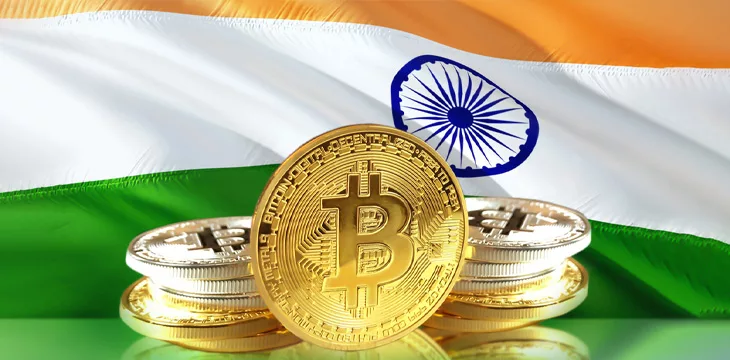|
Getting your Trinity Audio player ready...
|
Despite the fear that India may not have a trace of digital currency left in the coming months because of tighter regulations and the ongoing “crypto winter,” a new survey has come as a ray of hope for investors and enthusiasts.
Web 3.0 software technology company Consensys has unveiled a global opinion survey on digital currency and Web3, conducted online by YouGov, an international online research data and analytics technology group, which states that 37% of Indian respondents believe that digital currency is the “future of money,” and 31% as “future of digital ownership” and as “a way to participate in the global financial ecosystem.”
The survey polled a representative sample of 15,158 people aged 18-65 between April 26 and May 18, 2023, in 15 countries across Africa, the Americas, Europe, and Asia, including 1013 people in India.
Reportedly, 92% of participants demonstrated awareness of digital currency, a fifth of the population currently owns digital currency, and 57% of Indian respondents would consider investing in digital currency in the next 12 months. Also, 57% of respondents believed digital currency is an environmentally friendly technology.
As per the survey, digital currency has gained significant popularity in various regions of India—for example, the North, Central, Eastern, and Northeastern states have shown the highest level of interest, with 94% of participants expressing traction. The West region closely follows this with 92% and the South region with 89%.
Among the participants, 62% consider data privacy important, indicating its significance in their online activities. Additionally, 53% expressed a desire to have control over their identity on the internet, highlighting their preference for maintaining autonomy.
Regarding the use of personal data, 39% of the respondents believed that they should receive a portion of the profits generated by companies by using their data. On the other hand, 30% expressed trust in the current internet services for safeguarding their data and personal information.
Further research revealed that the market’s volatility was a primary concern for 48% of the participants, making it a significant barrier to entry. Additionally, 44% expressed fear of scams associated with digital currencies. Other obstacles identified include the complexity of the digital currency ecosystem (36%) and difficulties in understanding its purpose.
According to the survey, Nigeria and Argentina have the highest motivation for owning digital currencies to store value, with 65% and 56% of respondents expressing this inclination, respectively. On the other hand, in India, 43% of participants view digital currencies as an investment for the future.
A significant proportion of respondents in Nigeria (67%) and India (60%) believe that digital currencies add value to the internet, while only 5% of respondents in Japan share this perspective.
In terms of familiarity with non-fungible tokens (NFTs), the survey found that 76% of respondents in the U.K. have never owned an NFT. In contrast, only 24% of respondents in Vietnam fall into this category. In India, 39% of respondents reported holding NFTs.
When considering the concept of the future of money in digital currencies, 58% of Nigerians, 50% of South Africans, and 44% of Mexicans associate digital currencies with this notion. In comparison, 18% of respondents in India, 15% of respondents in the U.K., and 17% of respondents in Germany share the same belief.
Concerns about scams vary among different countries. Individuals in India (44%), the U.S. (19%), and the U.K. (20%) are more likely to express concern about scams associated with digital currencies, while respondents in Japan and Korea (12% each) have lower levels of concern.
Regarding the perception of digital currencies as environmentally friendly technology, 57% of respondents in Brazil hold this view, while only 25% of respondents in France share the same perspective.
“The survey confirms the emergence of a decentralized trust paradigm that empowers users and communities. The era of the builder aligns with the web3 ethos where everyone can contribute. Consensys aims to be a trusted steward for builders and developers, supporting community empowerment and positive global impact,” Joe Lubin, founder and CEO of Consensys, said.
Watch: India is critical to Satoshi Nakamoto’s vision for Bitcoin

 07-14-2025
07-14-2025 





